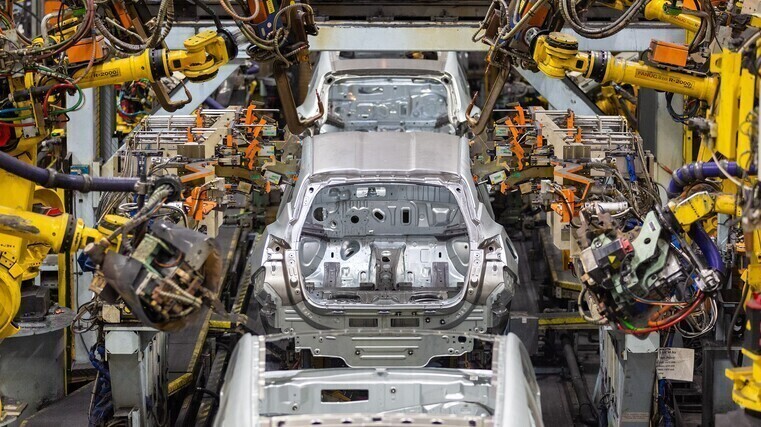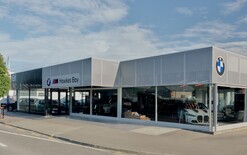Tariff relief for carmakers

US President Donald Trump has agreed to relax some of his 25 per cent tariffs on imported vehicles and automotive parts, after warnings of the potential impact on sales and production levels.
He signed executive orders this week that will allow companies with US factories to reduce how much they pay in import taxes on foreign parts, using a formula based on how many cars they sell and the price.
The White House says the move aims to provide relief to carmakers for two years as they rework their supply chains, reports the BBC.
The Republican administration’s tariffs on foreign-made cars went into effect at the beginning of April and the duties on parts were set to come into force on May 3.
The changes to the levies came as Trump marked 100 days back in the White House by visiting Michigan, the home of Ford, General Motors and Stellantis, on April 29.
Under the new plan, carmakers can claim an “offset” for what they pay in tariffs on car parts, worth up to 3.75 per cent of the suggested retail price of all the vehicles they assemble in the US.
That share will fall to 2.5 per cent in the second year.
The rules mean a car with 85 per cent of its parts made in the US – or in Canada or Mexico under the terms of an existing free trade deal – will not face any tariffs. The threshold rises to 90 per cent in the second year.
Carmakers have welcomed the shift after US motor industry groups recently lobbied against the levies on parts, saying they would “lead to higher auto prices for consumers, lower sales at dealerships and will make servicing and repairing vehicles both more expensive”.
Mary Barra, General Motors’ chief executive, says: “We're grateful to President Trump for his support of the US automotive industry and the millions of Americans who depend on us.
“We appreciate the productive conversations with the president and his administration and look forward to continuing to work together.”
Ford adds the changes will “help mitigate the impact of tariffs on automakers, suppliers and consumers”, reports the BBC.
John Elkann, Stellantis chairman, says: “While we further assess the impact of the tariff policies on our North American operations, we look forward to our continued collaboration with the US administration to strengthen a competitive American auto industry and stimulate exports.”
‘Consolidation’ may ease pressure
Japan’s carmakers are increasingly likely to need to combine their resources to combat the rapid expansion of Chinese marques, according to a portfolio manager at a publicly traded hedge fund firm.
Stephen Harget, from Man Group, says: “When an industry is really under pressure, consolidation is often a very good answer to that.”
Japan has a number of listed carmakers and consolidation provides “scale merits and they could share the investment burden”, he told Bloomberg.
Harget notes the rise in Chinese competitors and US trade tariffs is calling into question the business model of “make-in-Japan and export”.
“We potentially have a crisis on our hands, so Japan needs to grasp the opportunity through industry consolidation and improved corporate governance.”





